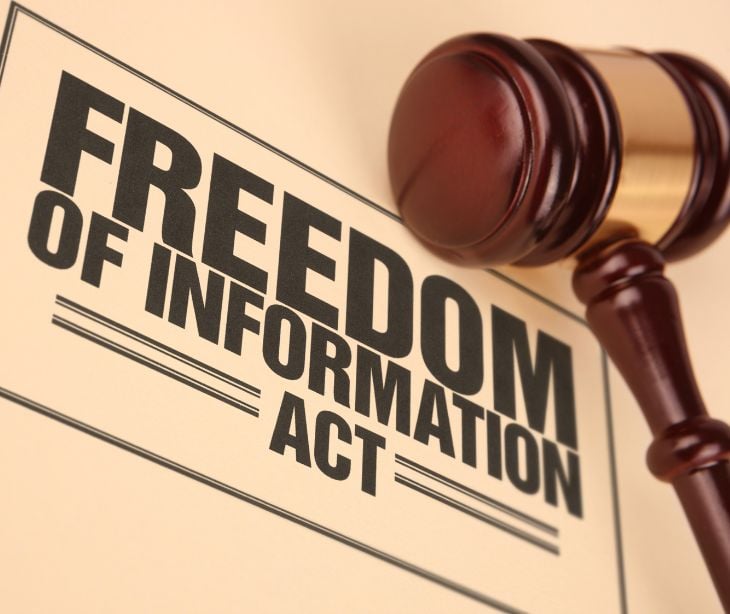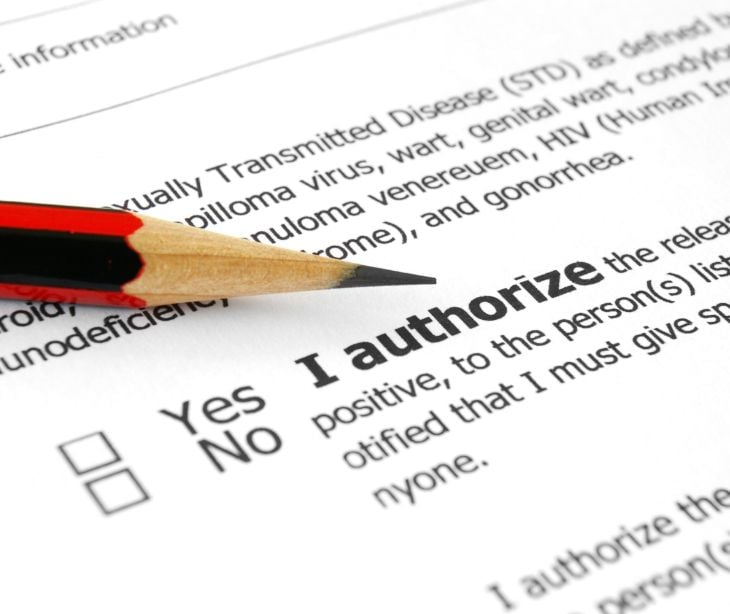
Navigating the relationship between the Freedom of Information Act (FOIA) and HIPAA involves balancing the public's legitimate right to access government information and the imperative to protect individuals' privacy rights. This intricate dance ensures that transparency in government operations is upheld while safeguarding sensitive medical and healthcare data as mandated by HIPAA.
What is the Freedom of Information Act (FOIA)?
The Freedom of Information Act (FOIA) is a federal law in the United States that grants individuals and organizations the right to access information held by federal government agencies. Enacted in 1966, FOIA serves as a tool for transparency and accountability in government. Under FOIA, any person, including citizens, journalists, and businesses, can request records and documents from federal agencies, subject to certain exemptions.
The FOIA is designed to promote openness and ensure that government actions and decisions are accessible to the public. It fosters a more informed and engaged citizenry while holding government agencies accountable for their actions.
See also: What is the Privacy Act of 1974?
The exemptions under the FOIA
The FOIA includes several exemptions that allow federal agencies to withhold certain types of information from public disclosure. These exemptions are as follows:
- Information that is classified to protect national security.
- Records related solely to the internal personnel rules and practices of an agency.
- Information that is specifically exempted from disclosure by another federal law.
- Trade secrets and commercial or financial information that is privileged or confidential.
- Inter-agency or intra-agency communications that are protected by legal privileges, such as attorney-client privilege.
- Information that, if disclosed, would invade an individual's personal privacy.
- Information compiled for law enforcement purposes that could interfere with ongoing enforcement proceedings, deprive a person of a right to a fair trial, or disclose confidential sources.
- Information related to the supervision of financial institutions.
- Geological and geophysical information (pertaining to wells).
See also: HIPAA Compliant Email: The Definitive Guide
Information requests that intersect between HIPAA and FOIA
- Medical research data: Requests for access to medical research data or clinical trial records maintained by government agencies may involve the release of sensitive patient information, necessitating compliance with both FOIA and HIPAA regulations.
- Public health records: When government agencies collect data on public health issues, such as disease outbreaks or statistical health information, requests for this data may fall under both FOIA and HIPAA, especially when the data includes personally identifiable information.
- Records from federal healthcare providers: Federal agencies that operate healthcare facilities or provide medical services to individuals, like the Department of Veterans Affairs or the Federal Bureau of Prisons, may encounter requests that require balancing FOIA's transparency requirements with HIPAA's patient privacy protections.
- Health-related investigations: Information requests related to investigations into healthcare fraud, abuse, or regulatory compliance may involve medical records or other healthcare-related documents, necessitating compliance with both FOIA and HIPAA.
- Access to personal medical records: In some cases, individuals may request their own medical records from government agencies, which could trigger the need to adhere to both FOIA and HIPAA, particularly when the records contain sensitive health information about the requester.
- Statistical health data: Requests for statistical health data that includes aggregated information about patient populations, even when individual identities are not disclosed, may require agencies to address FOIA and HIPAA considerations.
- Disclosure of deceased patients' records: Access to medical records of deceased patients without identifiable next of kin or authorized representatives can pose challenges under FOIA and HIPAA, as it may involve posthumous privacy concerns.
- Emergency situations: During public health emergencies or crises, the need for rapid information disclosure may intersect with HIPAA and FOIA requirements, requiring agencies to balance transparency and privacy.
See also: Understanding HIPAA's accounting of disclosures requirement
How does the FOIA intersect with HIPAA?
The FOIA and HIPAA can intersect in cases involving requests for access to medical records and health-related information held by federal agencies. HIPAA is a federal law that protects the privacy and security of individuals' medical information, while FOIA is a federal law that grants the public the right to request access to certain government records. The intersection between FOIA and HIPAA can be complex, and it often depends on the specific circumstances of each case.
The following should be considered:
- Exemptions: FOIA includes several exemptions, such as Exemption 6, which protects individuals' privacy. In cases where medical records contain personally identifiable health information, FOIA may exempt the release of those records to protect privacy rights.
- Balancing test: When there's a conflict between FOIA's disclosure requirements and HIPAA's privacy protections, federal agencies must perform a balancing test. This test weighs the public's right to access government information against the individual's right to privacy. Agencies may release medical records under FOIA if the public interest in disclosure outweighs the privacy concerns under HIPAA.
- Deference: FOIA defers to other federal laws when those laws establish criteria for withholding certain records. HIPAA is one such law, and FOIA defers to it regarding the release of medical records. If HIPAA prohibits the disclosure of specific medical information, FOIA generally follows suit.
- Ambiguity and conflicts: Ambiguities and conflicts between FOIA and HIPAA can arise, especially when determining whether certain records are exempt from disclosure. Courts may need to resolve such conflicts on a case-by-case basis.
- State laws: It's worth noting that state open records laws may also intersect with HIPAA, and the outcome can vary depending on state-specific laws and regulations.
Subscribe to Paubox Weekly
Every Friday we bring you the most important news from Paubox. Our aim is to make you smarter, faster.




